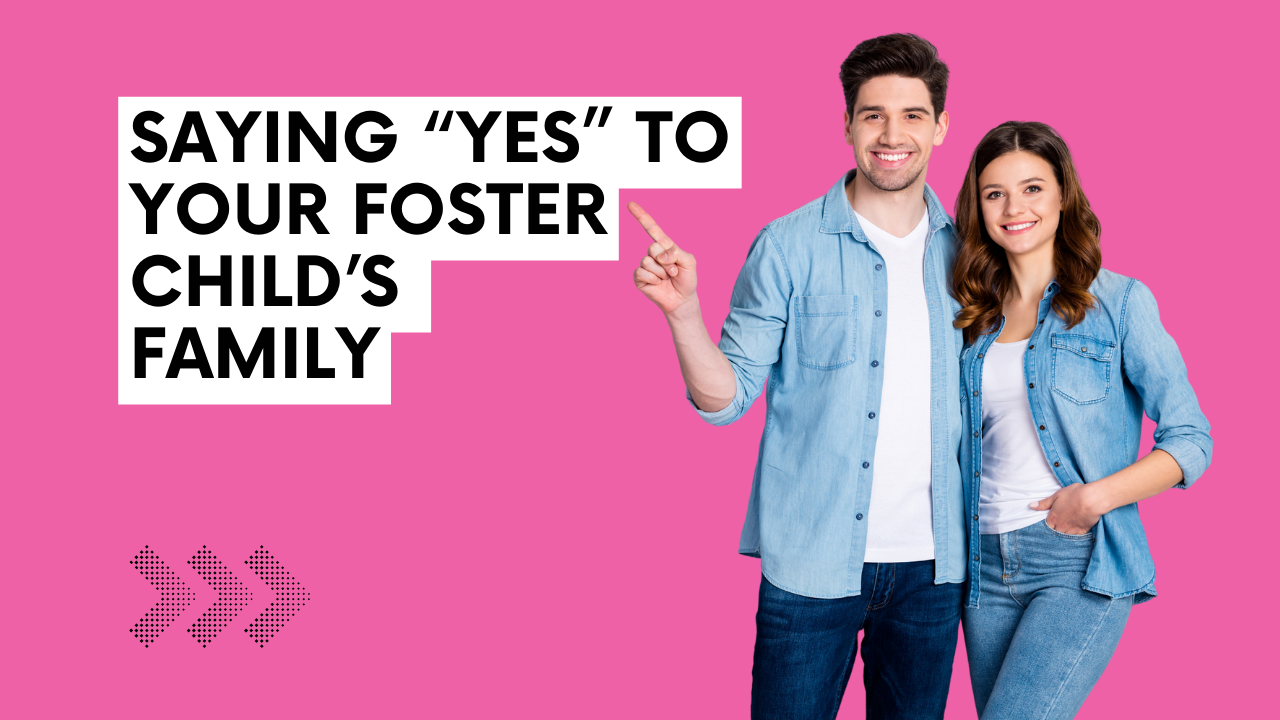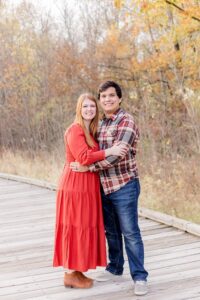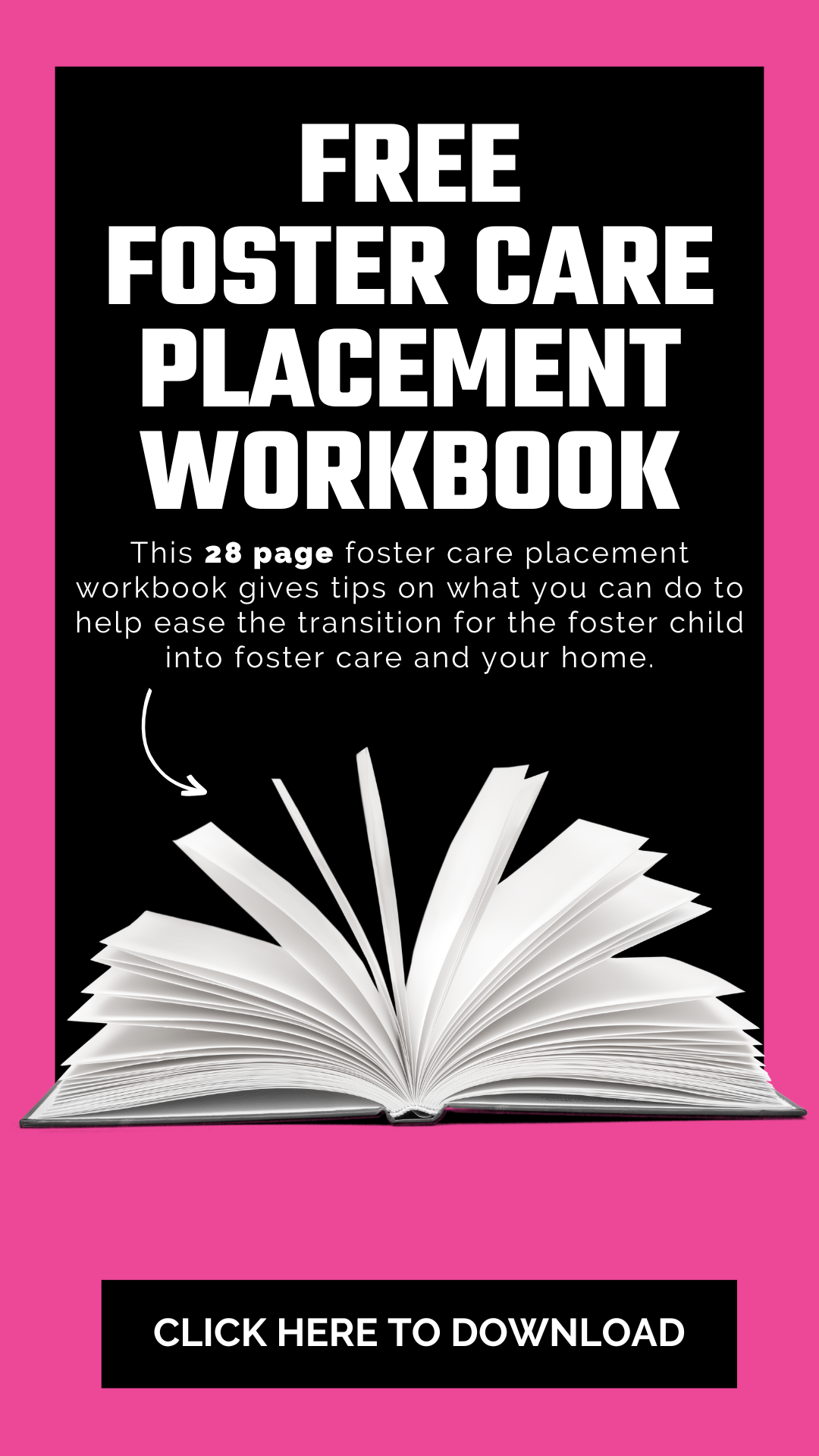
By Emily Garringer
(Emily Garringer and her husband Matthew are foster parents who work with the KidsPeace Foster Care office in Muncie, Indiana. She reflects on the ways her experience with a foster child’s biological mother has shaped the ways she views interacting with bio families.)
When Matthew and I first started fostering, we prepared our home to welcome children of all different ages, backgrounds, and needs. We made beds with brand new sheets, stocked up on kid-friendly snacks, and bought toothbrushes in bulk. We left our phone ringers on at all hours, anticipating the arrival of our first child. We got the call, and we said yes!
And then she showed up. She arrived with stained and oversized pajamas, a plastic baggie full of prescription medications, and a giant purple unicorn. At the time, we were the perfect mix of naive and gung-ho; we had no idea what we were doing, but we knew we were going to take care of a child now. What we weren’t prepared for was that she didn’t show up alone.
I know at some point in pre-licensing training we went through all the acronymized members of a child’s team–the FCM, the GAL, the HBCM, the CASA, etc.–and we knew we’d be opening our home to visits and appointments and meetings with all of them. What we didn’t expect at the time was that our children would be bringing more than just their team of professionals into our home: they’d be bringing their entire family.
———
“Is it all right if I share your number with mom?” the caseworker asked. “The kids are being moved from their grandparent’s house, and she’s nervous about not knowing where they are.” What mother wouldn’t be? I thought. But out loud I answered, “Sure, that’s fine.”
For a few weeks Alice (the mom – not her real name) and I shared occasional texts back and forth and she would call to say good night to the kids. Things seemed to be going smoothly, until one day when the visit supervisor canceled on her at the last minute. She was supposed to pick up Alice and bring her to Muncie to do a visit with the kids while the rest of us were at church. When Alice told me she canceled that morning, Matthew and I had a choice to make. We could’ve shared in her disappointment and moved on with our day; instead, I replied, “Would it be okay if we came and picked you up to go to church with us?”
That Sunday together quickly turned into sitting next to each other in church every Sunday, which turned into sharing Mother’s Day lunch, which turned into inviting her over to our home for Friday night pizza. Alice became as much a part of our family as her two children did. During one of those Friday night pizza dinners, I was interrupted by a call from a new provider being added to their case. Before I could even speak, the provider was apologizing profusely for accidentally including my contact information in a text to bio mom–the same mom who was sitting across from me at the table eating dinner with all of our kids. I assured the provider she had nothing to worry about as the rest of us laughed at the irony of the situation.
—
Since then, Alice’s children have reunified, but I still consider her one of my closest friends, and I’ve learned a lot from her as a mom–two things “pre-fostering me” never would’ve thought would happen! In fact, I think one of the most important things I’ve learned in the last year and a half is that bio families have just as much to offer to us as we have to offer them. Support and connection go both ways because, the reality is, no one else really understands your kids or the ups and downs of their cases more than their own mothers and fathers.
A few months ago, I learned that someone close to my own family had been struggling with addiction and ended up in jail. When I found out about it, I didn’t know how to approach some of the people close to me for support; very few people in my immediate circle had experienced something like this before. But I knew one person who had. I called Alice and asked if I could bring coffee over and talk, and she welcomed me into her home just as I had welcomed her into mine months before. She listened with a heart that could truly empathize and understand, not judge, and offered practical advice on things I wouldn’t have even known to think about. In that moment, she met a need in my life that she was uniquely equipped to fulfill.
—
Since that first child entered our home, Matthew and I have fostered seven children from four different families. Not every case we’ve been a part of has resulted in incredible stories of foster-bio family relationships. We’ve experienced plenty of criticism, defensiveness, accusations, and awkwardness. My hope in sharing these stories is to offer a reminder that saying yes to kids means saying YES to their families:
“Yes, you can share my phone number.”
“Yes, you can meet us for dinner.”
“Yes, we can plan her birthday party together.”
Saying “yes” is always a risk – and of course appropriate boundaries and safety concerns need to be considered – but it’s a risk that results in stronger, healthier, safer families. Foster parents want to help children and keep them safe – what better way to do that than love their families?
————
 Matthew and Emily Garringer have been licensed foster parents through KidsPeace since September 2021. Matthew and Emily are both teachers, and have been married for four years. They say they felt a calling to become foster parents, knowing that there was a strong need for homes and that they had the love, structure, and stability that children need to thrive. Since getting licensed, Matthew and Emily have had seven children in their care and they currently have two placements, each being a sibling group of two children. Emily and Matthew were selected as the 2023 KidsPeace Foster Parents of the Year for Indiana.)
Matthew and Emily Garringer have been licensed foster parents through KidsPeace since September 2021. Matthew and Emily are both teachers, and have been married for four years. They say they felt a calling to become foster parents, knowing that there was a strong need for homes and that they had the love, structure, and stability that children need to thrive. Since getting licensed, Matthew and Emily have had seven children in their care and they currently have two placements, each being a sibling group of two children. Emily and Matthew were selected as the 2023 KidsPeace Foster Parents of the Year for Indiana.)


